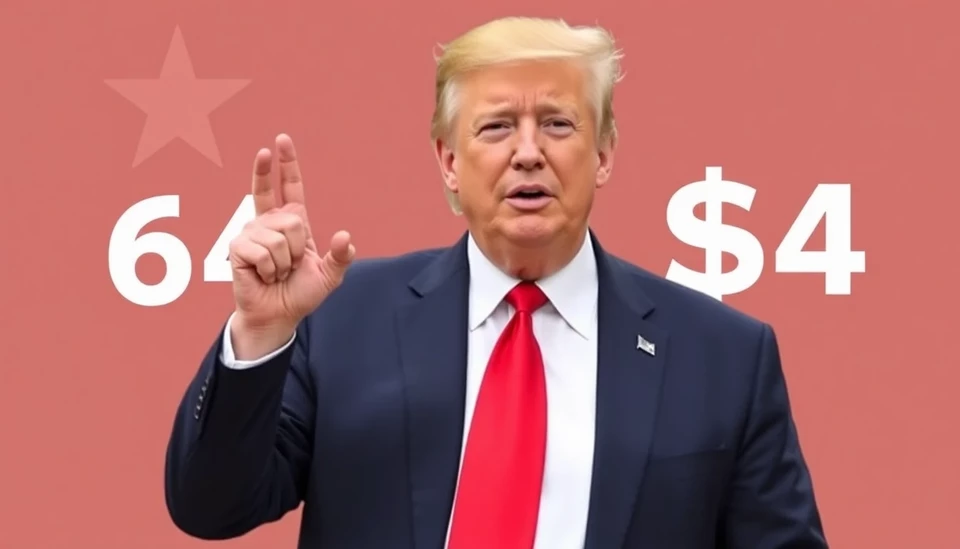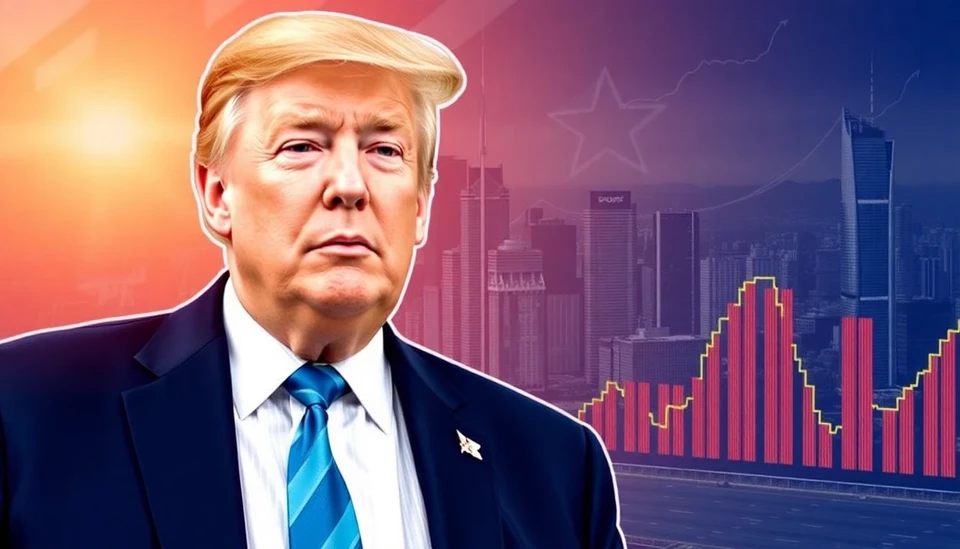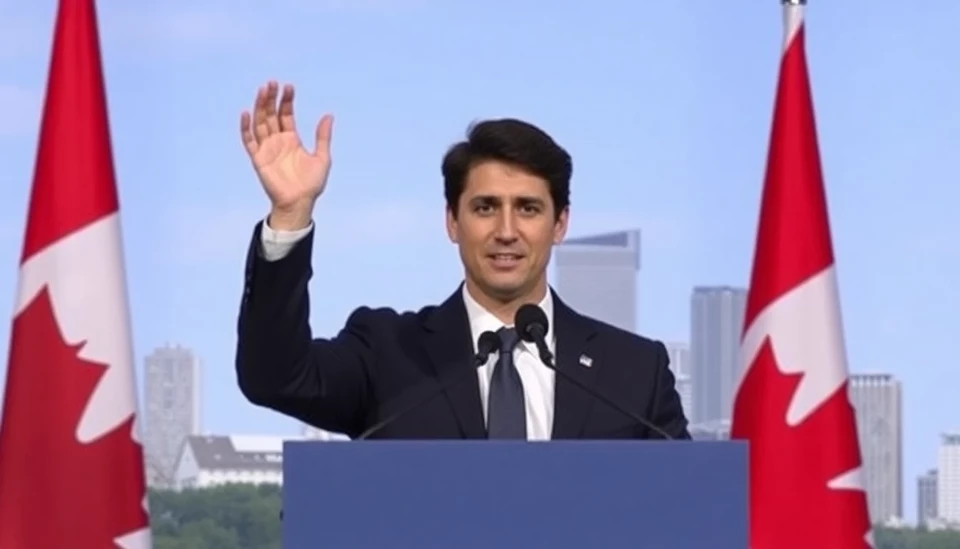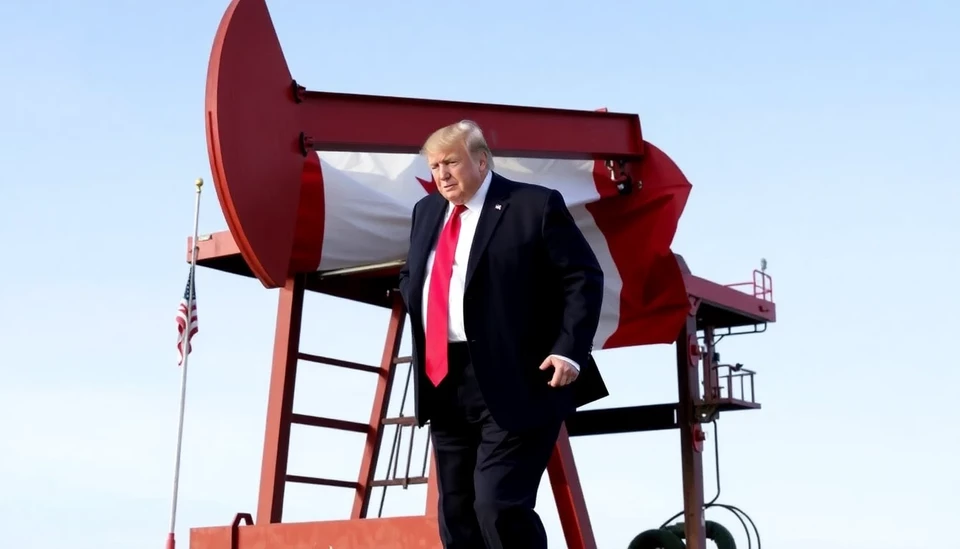
In a critical assessment of the Trump administration's ongoing tariff policies against China, an alarming figure has emerged: the U.S. is projected to experience a staggering $64 billion shortfall in revenue from missing imports. This situation has ignited fresh concerns among economists and trade analysts who are scrutinizing the implications of tariffs on the American economy.
The tariffs, originally set as a means to curtail China’s economic dominance and protect U.S. industries, are now under the microscope. Experts suggest that this unexpected gap not only undermines the original intent behind these measures but also reflects the pitfalls of the administration's approach to international trade.
According to recent analyses, the tariffs, while initially raising significant revenue, have led to unforeseen consequences that have disrupted supply chains and limited market options for American businesses. Many importers have found themselves scrambling to adjust their operations, resulting in a sharp decline in the volume of goods that were once shipped from China.
Furthermore, the shortfall coincides with an increase in prices for consumers. As companies navigate the treacherous waters of tariffs and counter-tariffs, the cost burden is beginning to reflect in consumer prices, threatening the purchasing power of American households. Analysts warn that the tariff strategy may backfire, inflicting harm on the very Americans it aimed to protect.
The Biden administration is now faced with a crucial decision on how to respond to this complex economic landscape. As pressure mounts from both sides of the political aisle, there are calls to reevaluate the current tariff structure, either by scaling back or completely reassessing its application.
Ultimately, this evolving situation demands urgent attention from policymakers. The long-term viability of U.S.-China trade relations hangs in the balance, and their decisions could have far-reaching effects on the global economy. The looming $64 billion deficit is a stark reminder of the challenges that confront the U.S. as it navigates its role in a rapidly changing international trade environment.
As the political climate heats up for the upcoming elections and conversations around economic strategies intensify, the discourse surrounding tariffs will likely be a focal point of debate. Stakeholders across the spectrum will need to closely monitor how these developments unfold, as both domestic and international economic repercussions are at stake.
With the stakes higher than ever, it remains to be seen how the United States will maneuver through these complicated waters to restore stability and foster growth.
#TrumpTariffs #ChinaTrade #Economy #Imports #USTR #TradePolicy #BidenAdministration #EconomicImpact #GlobalTrade
Author: Laura Mitchell




